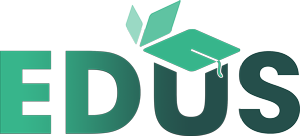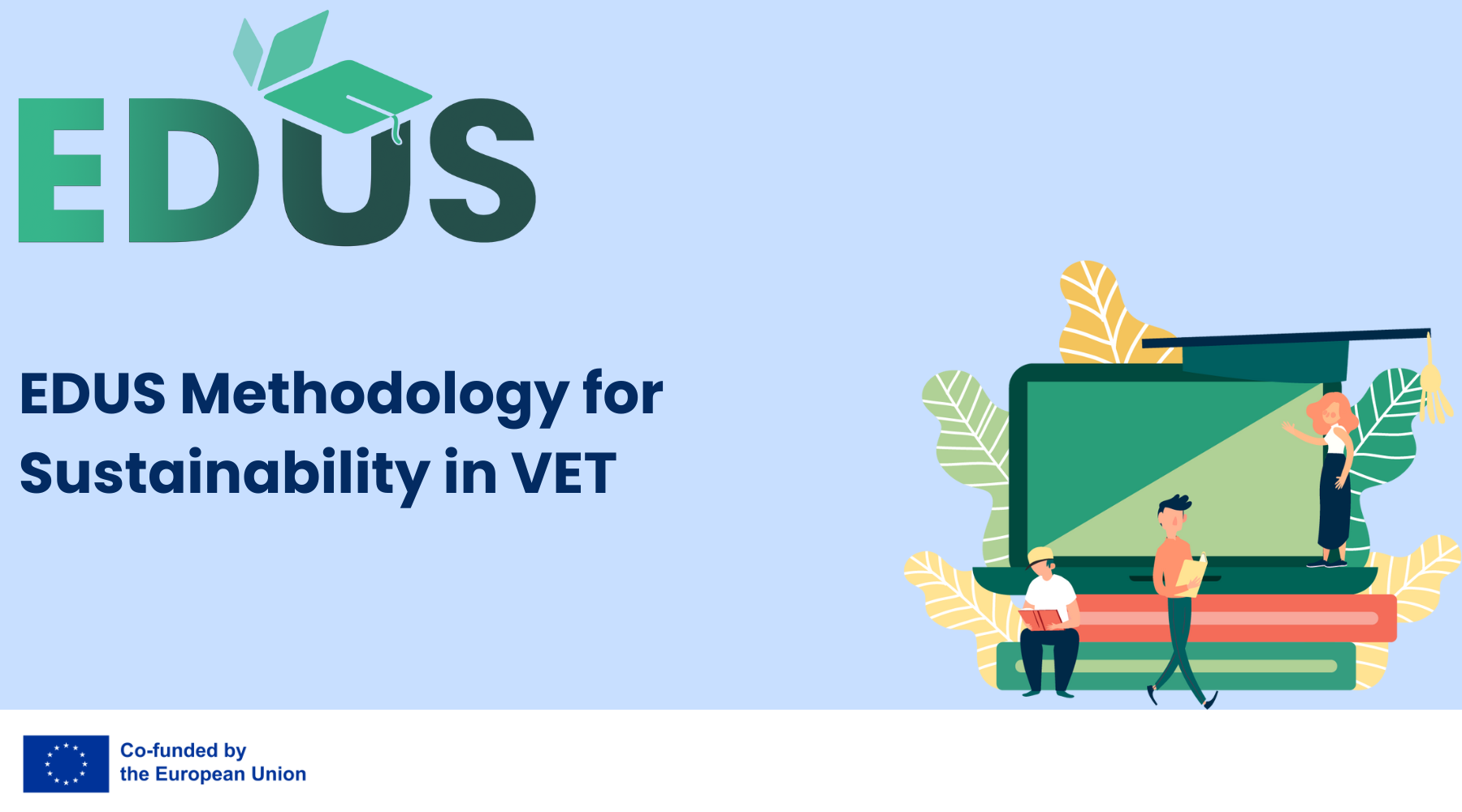
Educating for Sustainable Development in the VET Sector: Challenges for Teachers
12/11/2024 admin
Article written by Alessia Tripaldi.
What are the needs of VET teachers regarding education for Sustainable Development (SD)?
During the training activity hosted in Reykjavik by Einurd, 18 participants, including project managers from partner organizations and VET teachers, discussed the challenges of SD education and collaboratively devised possible solutions.
The needs and proposals developed by the participants will serve as the starting point for the next step of the project: the development of a methodology aimed at integrating education for sustainable development into VET programmes.
The challenges related to integrating education for sustainable development can also serve as a broader reflection, which we would like to propose to both VET teachers and policymakers in the fields of formal and informal education.
Challenge 1: Sustainable Development as the Key Factor
One of the core challenges identified was the need to position Sustainable Development as a key factor in educational practices. Teachers emphasized the importance of a flexible, mixed approach to accommodate the diverse needs of students across different generations. In the VET system, students vary in age, background, and learning style, and a one-size-fits-all approach to SD education is ineffective. Teachers need the autonomy to adapt their teaching methods to address these differences, ensuring that SD principles are accessible and relevant to all learners.
Challenge 2: The Lack of Prioritization of SD Education in the School System
A recurring theme in the discussions was the recognition that the school system does not prioritize SD education. This concern is not limited to the VET sector, but it is particularly pressing in vocational training, where the focus tends to be on specific technical skills. To create a more sustainable future, SD needs to be fully integrated into the curriculum. Policymakers must ensure that sustainability is not treated as an optional or secondary topic, but as an essential component of every educational framework.
This requires systemic change, including revising curricula, incorporating SD into assessment criteria, and aligning teaching materials with sustainability goals.
Challenge 3: Building a Sustainable Future Within the Constraints of National Education Programs
Teachers also highlighted the challenge of building a sustainable future within the constraints of national education programs. The national curriculum, often rigid and prescriptive, leaves little room for innovation or flexibility. Teachers reported that they lack both time and practical resources to integrate sustainable approaches effectively into their teaching.
Given these constraints, it is essential to reconsider how the curriculum can be designed to allow teachers to incorporate SD within their subject areas. One potential solution is to allow for greater flexibility in teaching hours and provide more resources for teachers to access when integrating SD into their lessons. Additionally, creating cross-curricular projects that allow students to engage with sustainability from multiple angles could further enrich their learning experience.
Challenge 4: Practical Training and Materials for Teachers
Another significant challenge raised by teachers was the need for practical training and materials to build their confidence in teaching SD. Teachers expressed a desire for clear, achievable learning goals and structured support to guide them through the process. This includes designing effective, goal-oriented learning plans and setting measurable outcomes for SD education.
Teachers also need to feel comfortable asking for help when needed, and they require professional development opportunities to acquire the skills necessary to teach SD effectively. This could be achieved through workshops and access to a robust support network within the education system.
Challenge 5: The Need for Hands-on, Practical Tools
Finally, teachers emphasized the importance of hands-on, practical tools to help integrate SD into their teaching practices. While many educators are passionate about the need for sustainability education, they often struggle to translate their knowledge into tangible classroom practices. This challenge can be overcome by providing teachers with access to resources such as lesson plans, educational tools, and real-world examples of sustainable practices.
Moving Forward: Next Steps
With the next steps of the EDUS project – the methodology and toolkit for VET teachers – we aim to help address the needs discussed in this article by providing teachers with practical tools to integrate education for sustainable development into their programs, while continuing to focus on the importance of SD education.







